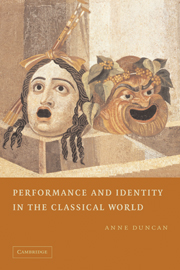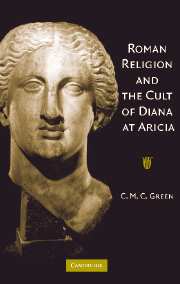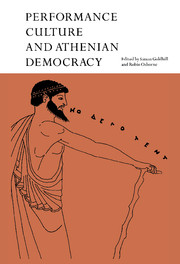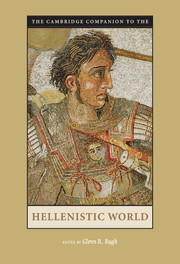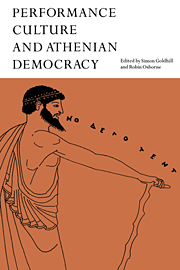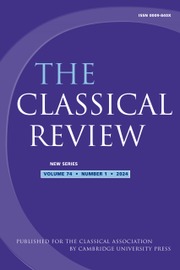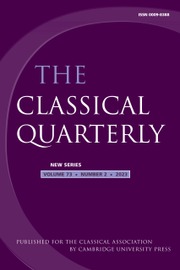Performance and Identity in the Classical World
Performance and Identity in the Classical World traces attitudes towards actors in Greek and Roman culture as a means of understanding ancient conceptions of, and anxieties about, the self. Actors were often viewed as frauds and impostors, capable of deliberately fabricating their identities. Conversely, they were sometimes viewed as possessed by the characters that they played, or as merely playing themselves onstage. Numerous sources reveal an uneasy fascination with actors and acting, from the writings of elite intellectuals (philosophers, orators, biographers, historians) to the abundant theatrical anecdotes that can be read as a body of 'popular performance theory'. This text examines these sources, along with dramatic texts and addresses the issue of impersonation, from the late fifth century BCE to the early Roman Empire.
- Focuses on both elite and popular reactions to performance
- Examines Greek and Roman culture together, which is unusual
- Draws on a broad range of sources
Product details
No date availablePaperback
9780521313483
252 pages
229 × 152 × 15 mm
0.37kg
Table of Contents
- Introduction: the hypocritical self
- 1. Drag queens and in-betweens: Agathon and the mimetic body
- 2. Demosthenes vs Aeschines: the rhetoric of sincerity
- 3. The fraud and the flatterer: images of actors in the comic state
- 4. Infamous performers: comic actors and female prostitutes in Rome
- 5. The actor's freedom: Roscius and the slave actor at Rome
- 6. Extreme mimesis: the spectacle in the Empire.

